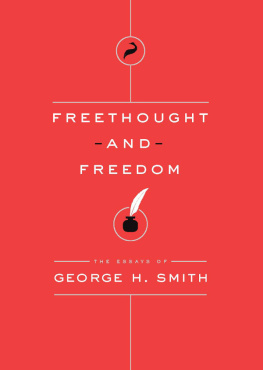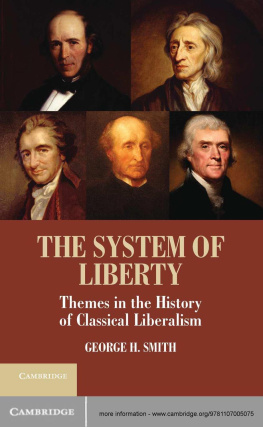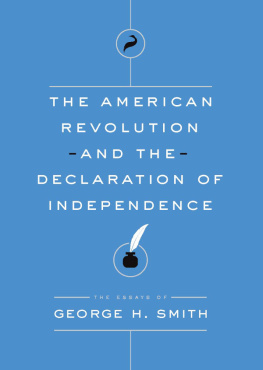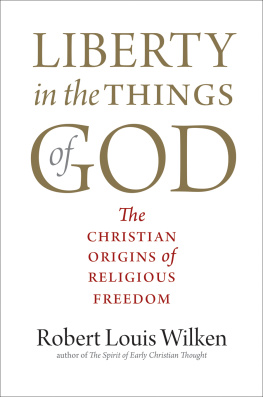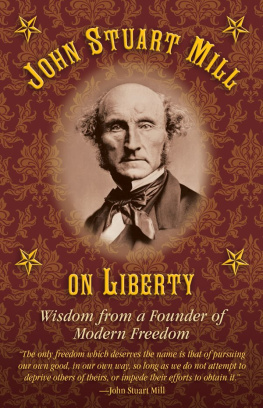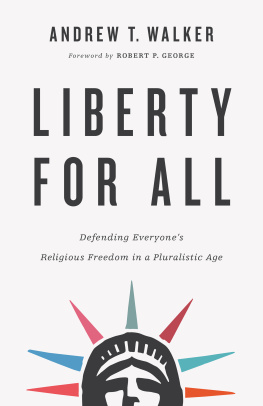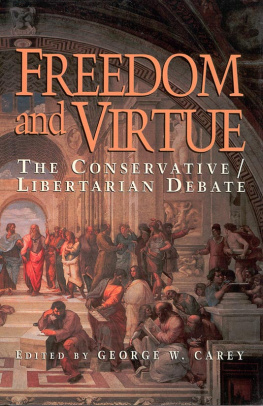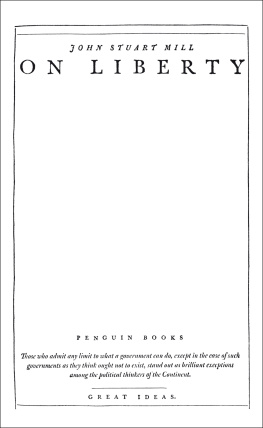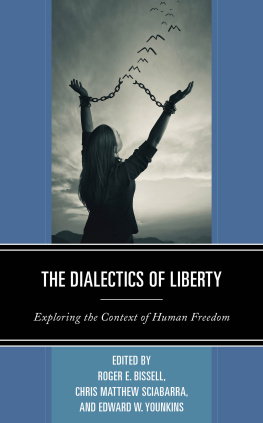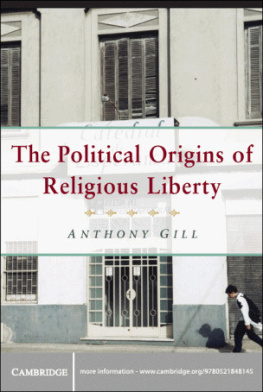1
Augustines Case for Righteous Persecution
One thing that united nearly all early freethinkers was their consistent opposition to religious persecution, or to any state interference in religious beliefs and practices that are peaceful. (One notable exception was Thomas Hobbes, who wished the state to control religious practices; but those freethinkers who relied upon Hobbess criticisms of the Bible and other matters relating to Christianity typically repudiated his political absolutism.) Most freethinkers from the late 17th century through the 19th century were tireless advocates not merely of religious toleration but of complete religious freedom, including freedom for Jews and atheists. Additionally, freethinkers in Catholic countries called for freedom for Protestants, while freethinkers in Protestant countries defended freedom for Catholics.
The history of religious persecution in Christendom is complicated, but leading theologians, both Catholic and Protestant (Augustine, Aquinas, Luther, Calvin, etc.), defended it passionately with extensive arguments. Thus, if we are to appreciate what the freethinkers were up against and how they crafted their pro-freedom arguments, we must know something about the arguments they sought to overthrow. The purpose of this essay (and the one that follows) is to sketch some of the main pro-persecution arguments. For more details, I recommend the excellent overview by Perez Zagorin, How the Idea of Religious Toleration Came to the West (Princeton University Press, 2005); and the magisterial two-volume work by the Catholic historian Joseph Lecler, Toleration and the Reformation (Longmans, English translation 1960).
Although Christians were a small minority in the Roman Empire and were sporadic victims of state persecution, some leading Christian apologists defended religious freedom. One of the best was Tertullian (c. 145225), a lawyer and former pagan who converted to Christianity late in life (and who would himself be condemned as a heretic). Tertullian wrote:
It is a fundamental human right, a privilege of nature, that every man should worship according to his own convictions: one mans religion neither harms nor helps another man. It is assuredly no part of religionto which free will and not force should lead us.
A later apologist, Lactantius (c. 240320), argued that religious beliefs cannot be meritorious unless they are accepted freelya theme that would reverberate for many centuries in the arguments for toleration.
If you wish to defend religion by bloodshed, and by tortures, and by guilt, it will no longer be defended, but will be polluted and profaned. For nothing is so much a matter of free-will as religion; in which, if the mind of the worshipper is disinclined to it, religion is at once taken away, and ceases to exist.
Lactantius dismissed a rationale for persecution that, ironically, would later be used by Augustine to defend persecution by Christians. Perhaps the beneficiaries of persecution are the victims themselves. Perhaps Christians benefit in the long run when they are compelled to sacrifice to the pagan gods. The response of Lactantius to this for their own good argument was brief but suggestive: that is not a kindness which is done to one who refuses it. True concern for the welfare of others is never manifested in violence or threats of violence.
Lactantius considered another justification for Roman persecution: that it served the pagan gods who rightfully demanded sacrifices as tokens of loyalty, gratitude, and esteem. (Again, this argument, appropriately modified, would later become a mainstay of Christian persecutors, especially Calvinists.) According to Lactantius, however, that is not a sacrifice which is extorted from a person against his will. Unless a sacrifice is offered spontaneously and from the soul, it is nothing more than a curse extracted by injuries, by prison, by tortures.
Perhaps the most interesting argument by Lactantius is one that would be invoked repeatedly by later freethinkers. Suppose a god really does demand worship by violent means. Any such god, Lactantius retorted, would be unworthy of our worship. Cruel gods are doubtless worthy of the detestation of men, since libations are made to them with tears, with groaning, and with blood flowing from all the limbs.
In 313, the Edict of Milan (issued jointly by Constantine and Licinius) established religious liberty as a fundamental principle of public law. Before long, however, the emperor Constantine was bestowing special favors on the Christian church. His Christian successors continued the policy until Theodosius revoked the Edict of Milan during his despotic reign (379395). Theodosius established orthodox Christianity as the official religion, outlawed pagan worship and rituals, and decreed severe penalties for heresy.
Thus did a religion born in opposition to the state become its friend and ally. As the classical liberal and Catholic historian Lord Acton put it, Christianity, which in earlier times had addressed itself to the masses, and relied on the principle of liberty, now made its appeal to the rulers, and threw its mighty influence into the scale of authority.
Since the hare is more likely than the hound to oppose blood sports, it is perhaps understandable that the number of Christian defenders of religious freedom declined precipitously after Christians gained control of the reins of state power. Indeed, it was left to the perverse genius of St. Augustine (354430) to develop the first systematic defense of religious persecution in the history of Western civilization. Augustine called his approach righteous persecution because it justified persecution for the righteous cause of saving people from the eternal torments of hell. That was essentially a variant of the for their own good argument that Lactantius had rebutted previously, and it would remain a powerful and popular argument for many centuries.
Augustine started out as an eloquent defender of religious toleration, but he changed his mind after becoming embroiled in a bitter and sometimes violent conflict (in North Africa) with a large group of Christian schismatics known as Donatists. Augustines initial case for toleration was based largely on the fact that beliefs, per se, cannot be compelled. No one can or ought to be constrained to believe, according to the early Augustine. The mind cannot be forced to believe a doctrine; only arguments, evidence, or internal events (such as a flash of inspiration) can cause us to believe something, so coercion is useless in matters of religion. That argument, which became a standard refrain in later arguments for tolerationwe find it in the Levellers and in John Locke, for examplemight seem impossible to overcome. But Augustine was an ingenious fellow. After becoming a champion of persecution, Augustine replied to his own early argument by pointing out that empirical evidence did not support the theoretical claim that coercion is impotent in matters of belief. After all, there were many instances of heretics who had been brought over to the Catholic unity by fear.
Clearly, persecution had worked in those cases, but how? Augustine still denied that beliefs, per se, can be compelled, at least directly. But the threat of force can break the heavy chains of inveterate custom. Some heretics were too listless, or conceited, or sluggish, to take pains to examine Catholic truth. Others feared reprisals from fellow heretics. Others were raised as heretics and never knew any better. Others planned to embrace orthodoxy eventually but were afflicted with procrastination. In such cases, according to Augustine, persecution, though unable to compel belief, can and often does change the heretics mental attitude by breaking the bonds of bad habits, indifference, and sloth. Thus, even if coercion cannot impart truth, it can

